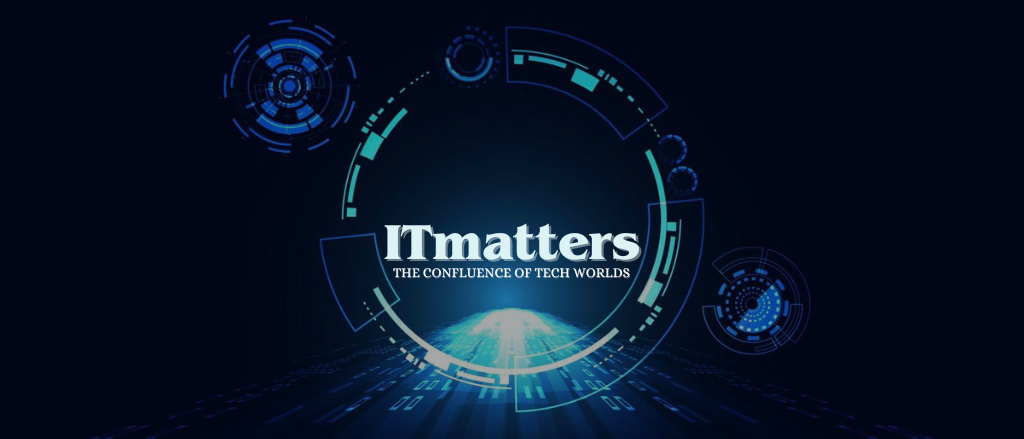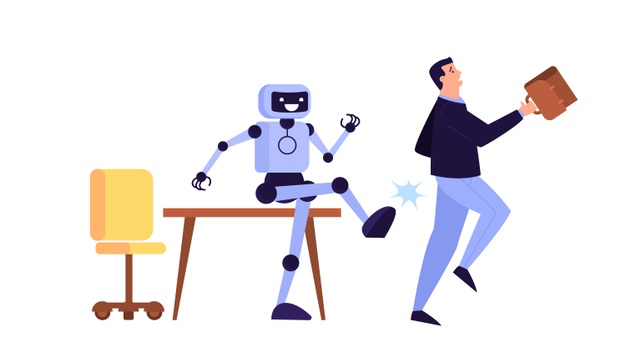AI Agents Transforming the Workforce: Industries at Risk and Adaptation Strategies
Do you fear that your job might disappear in a few years? Does the growing efficiency of AI models make you uneasy? You’re not alone! The fear of AI agents taking over jobs is not unfounded — especially as mass layoffs in the tech sector reveal how easily workers can be replaced.
AI isn’t just impacting office jobs; it’s making waves in the creative world, too. Recently, Ghibli-style images generated by ChatGPT have flooded social media. While many see it as a fun trend, it raises serious concerns about devaluing real artists’ work. For most users, it’s just another cool filter, but for artists, it’s a sign that AI is encroaching on their profession. Will AI take over real art? That’s a debate for another day but the broader question remains: how far will AI go in reshaping industries?
The impact of automation is already visible. From self-checkout machines replacing cashiers to AI-powered chatbots handling customer service, AI is rapidly transforming the workforce. With the AI market projected to skyrocket from $184 billion in 2024 to $826.7 billion by 2030, businesses are embracing automation at an unprecedented pace. The question is no longer if AI will take over jobs — it’s when and how fast.
Jobs Facing Immediate Disruption
Some professions are more vulnerable to automation than others, especially those involving repetitive, rule-based tasks. One of the most affected sectors is data entry and basic administrative roles. Studies suggest that by 2026, up to 90% of data entry jobs could be automated using optical character recognition (OCR) and AI-powered data management tools. Companies like Amazon and Google have already adopted AI-driven data processing systems, drastically reducing human intervention. “The reality is that AI doesn’t just match human efficiency — it’s providing a level of consistency that was previously impossible,” explains a Hostinger expert.
Similarly, AI chatbots and virtual assistants are taking over customer service roles, with projections estimating that by 2027, half of all customer interactions will be managed by AI. “The emergence of AI Prompt Engineers highlights how quickly these transformations are occurring. Not long ago, this role was virtually unthinkable—but today, it’s indispensable for refining AI interactions and ensuring systems provide accurate, contextually relevant responses,” says Mantas Lukauskas, AI Tech Lead at Hostinger.
Retail is also seeing a shift. Self-checkout kiosks have replaced human cashiers in major chains like Walmart and McDonald’s. AI-driven inventory management systems now handle stock predictions more efficiently than human employees. Meanwhile, in financial services, AI-driven risk assessment tools and automated accounting software are taking over traditional roles. Deloitte and EY, for instance, have introduced AI platforms that automate auditing and compliance, cutting the need for human intervention. “The time efficiency and accuracy of these systems in financial services are simply unmatched,” adds Lukauskas, highlighting the growing impact of AI-driven decision-making.
Why AI Is Taking Over So Quickly?
The speed at which AI is being adopted boils down to three factors: efficiency, cost savings, and accuracy. AI agents can process massive amounts of data in seconds, eliminating human errors and reducing operational costs. For example, or example, companies like Walmart and Zara have implemented AI-powered systems to track inventory with near-perfect precision. In customer service, AI chatbots can respond instantly, resolving queries without delays.
Financial firms, too, are seeing major gains, as AI algorithms can analyze financial trends and risks faster than human analysts. “We’re seeing efficiency jump by as much as 65% when AI takes over the calculations people simply can’t process quickly enough. However, AI-driven retail isn’t just about logistics; roles like AR Experience Managers are emerging to create immersive digital shopping experiences, reshaping how consumers interact with brands,” explains a Hostinger expert.
Can You Compete with AI? Here’s How to Stay Relevant
The rapid integration of AI doesn’t mean that human jobs will disappear entirely, but roles will change. Workers must focus on skills that AI struggles to replicate—creativity, critical thinking, and emotional intelligence. Customer service representatives, for example, should hone their problem-solving and interpersonal skills to handle complex queries AI cannot resolve. In finance, professionals must shift towards strategic advisory roles, using AI-generated insights to guide decision-making rather than performing calculations.
What Industries Will AI Transform Next?
Beyond data entry, customer service, and retail, healthcare, legal services, and education are next in line for AI-driven disruption. AI-powered diagnostic tools are already outperforming radiologists in detecting diseases. In law, automated contract review software is reducing the need for paralegals. AI tutors are assisting students with personalized learning, raising questions about the future of traditional teaching methods.
AI Models Driving This Revolution
DeepSeek isn’t the only AI model leading this transformation. OpenAI’s GPT models, Google’s Gemini, and ServiceNow’s AI agents are reshaping workplaces worldwide. Companies like Salesforce are rolling out AI tools to optimize workflows, making human oversight increasingly optional. With advancements in generative AI, we are moving towards a reality where AI doesn’t just support human workers but replaces them in many tasks.
The Future of Work: Adapt or Get Left Behind
AI isn’t a passing trend — it’s a revolution. Those who upskill and adapt will thrive in an AI-driven world, while those who resist change risk obsolescence. The best approach is to embrace AI, learn how to work alongside it, and focus on areas where human expertise is irreplaceable. Companies and employees alike must prepare for this shift, or they may find themselves struggling to stay relevant in an increasingly automated world.
“The question isn’t whether AI will transform these industries,” concludes Lukauskas, “but how quickly organizations and workers can evolve to use its potential while maintaining human value in the workforce.” The future isn’t about AI replacing humans entirely—it’s about humans and AI working together to create a more efficient, innovative workplace.








Leave a Reply